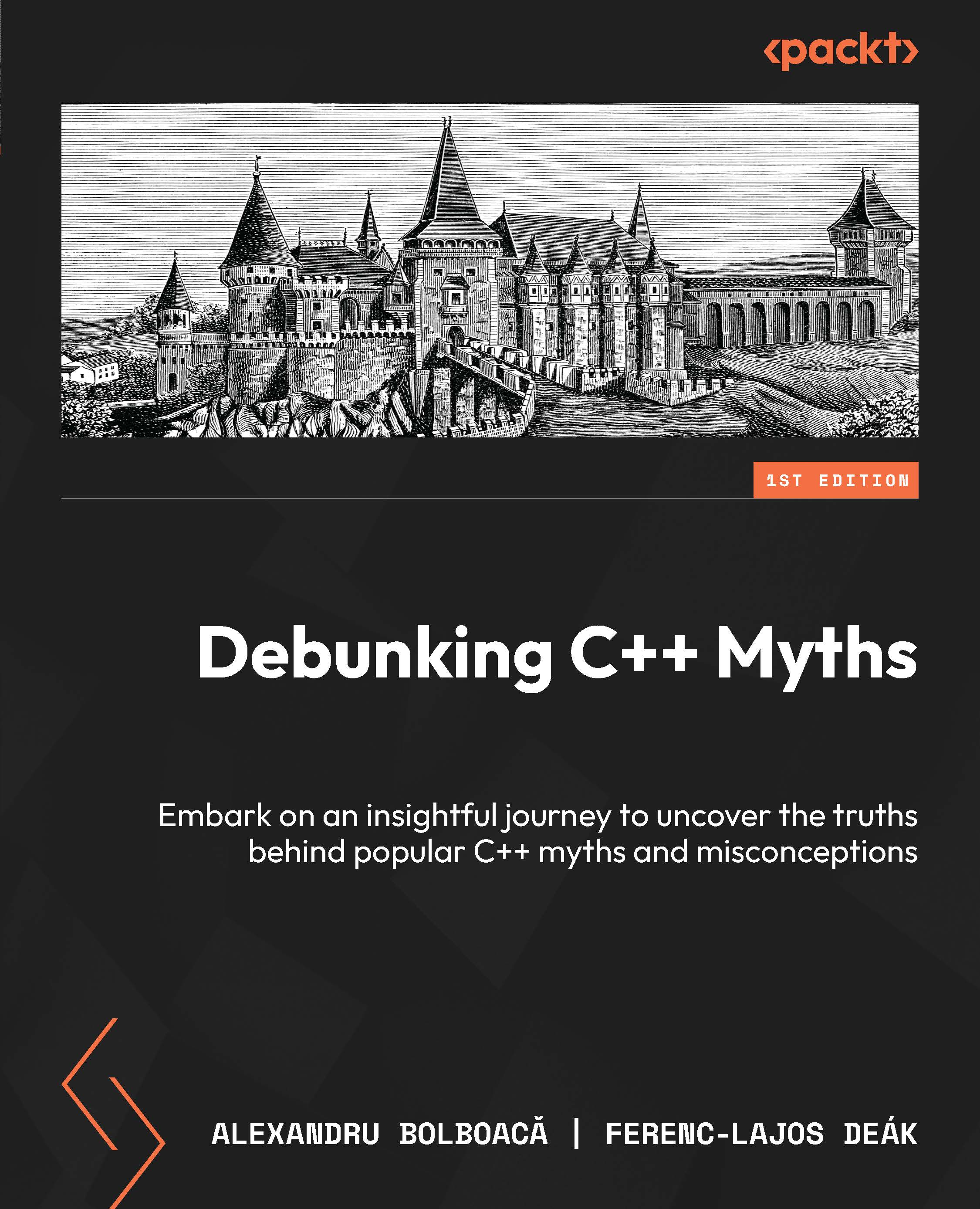-
Discover Clojure’s features and advantages and use them in your existing projects
-
Explore lesser-known and more advanced features, constructs, and methodologies such as asynchronous channels, actors, logic programming, and reactive programming
-
Measure and monitor performance, and understand optimization techniques
Clojure is a general-purpose language from the Lisp family with an emphasis on functional programming. It has some interesting concepts and features such as immutability, gradual typing, thread-safe concurrency primitives, and macro-based metaprogramming, which makes it a great choice to create modern, performant, and scalable applications.
This learning path aims at unleashing the true potential of the Clojure language so you can use it in your projects. It begins with installing and setting up the Clojure environment before moving on to explore the language in depth. You’ll get acquainted with its various features such as functional programming, concurrency, reducers, transducers, core.async and core.logic, and so on with a great level of detail.
Moving on, you’ll also learn how to enhance performance using Java interoperability and JVM-specific features from Clojure; you’ll even master language features such as asynchronous channels, actors, logic programming, reactive programming, metaprogramming, and so on.
This learning path combines some of the best that Packt has to offer in one complete, curated package. It includes content from the following Packt products:
• Clojure for Java Developers by Eduardo Díaz
• Clojure High Performance Programming, Second Edition by Shantanu Kumar
• Mastering Clojure by Akhil Wali
If you’re looking to learn more about its core libraries and delve into the Clojure language in detail, then this book is ideal for you. Prior knowledge of the Clojure language is required.
-
Understand tools for the Clojure world and how they relate to Java tools and standards (such as Maven)
-
Write simple multicore programs using Clojure's core concepts, such as atoms, agents, and refs
-
Get to grips with Clojure's concurrency and state-management primitives in depth
-
Analyze latency using the Criterium library
-
Avoid reflection and boxing with type hints
-
Maximize the impact of parallelization, functional composition, and process transformation by composing reducers and transducers
-
Modify and add features to the Clojure language using macros
-
Test your code with unit tests, specs, and type checks to write testable code
-
Troubleshoot and style your Clojure code to make it more maintainable
 United States
United States
 Great Britain
Great Britain
 India
India
 Germany
Germany
 France
France
 Canada
Canada
 Russia
Russia
 Spain
Spain
 Brazil
Brazil
 Australia
Australia
 Singapore
Singapore
 Hungary
Hungary
 Ukraine
Ukraine
 Luxembourg
Luxembourg
 Estonia
Estonia
 Lithuania
Lithuania
 South Korea
South Korea
 Turkey
Turkey
 Switzerland
Switzerland
 Colombia
Colombia
 Taiwan
Taiwan
 Chile
Chile
 Norway
Norway
 Ecuador
Ecuador
 Indonesia
Indonesia
 New Zealand
New Zealand
 Cyprus
Cyprus
 Denmark
Denmark
 Finland
Finland
 Poland
Poland
 Malta
Malta
 Czechia
Czechia
 Austria
Austria
 Sweden
Sweden
 Italy
Italy
 Egypt
Egypt
 Belgium
Belgium
 Portugal
Portugal
 Slovenia
Slovenia
 Ireland
Ireland
 Romania
Romania
 Greece
Greece
 Argentina
Argentina
 Netherlands
Netherlands
 Bulgaria
Bulgaria
 Latvia
Latvia
 South Africa
South Africa
 Malaysia
Malaysia
 Japan
Japan
 Slovakia
Slovakia
 Philippines
Philippines
 Mexico
Mexico
 Thailand
Thailand














